Điểm nhấn
-
 Hội thảo “Thực trạng người Việt Nam hồi hương từ Vương quốc Anh giai đoạn 2014 - 2023”
Hội thảo “Thực trạng người Việt Nam hồi hương từ Vương quốc Anh giai đoạn 2014 - 2023”
-
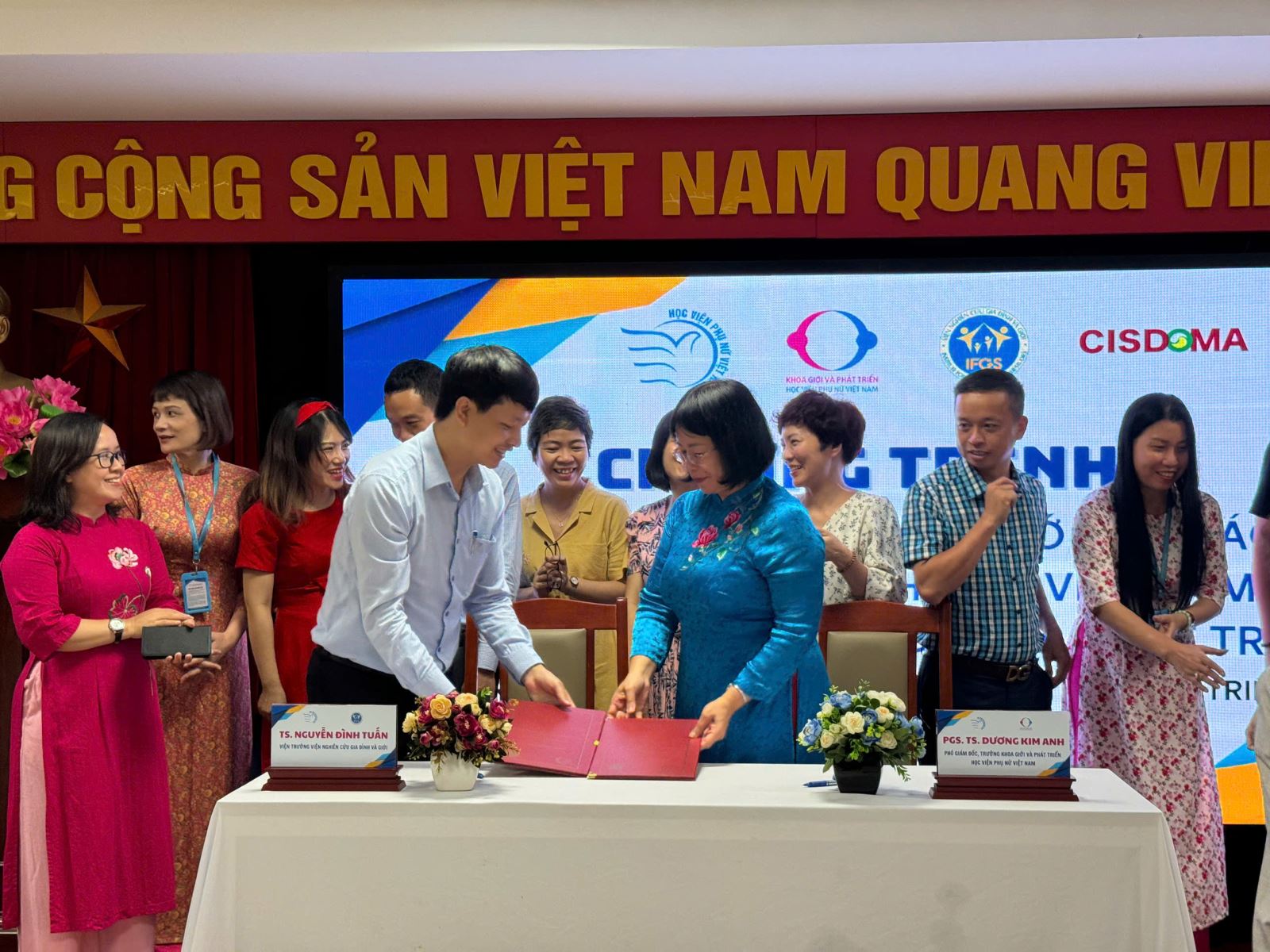 Lễ Ký kết biên bản ghi nhớ hợp tác giữa Học viện Phụ nữ Việt Nam với Viện Nghiên cứu Gia đình và Giới
Lễ Ký kết biên bản ghi nhớ hợp tác giữa Học viện Phụ nữ Việt Nam với Viện Nghiên cứu Gia đình và Giới
-
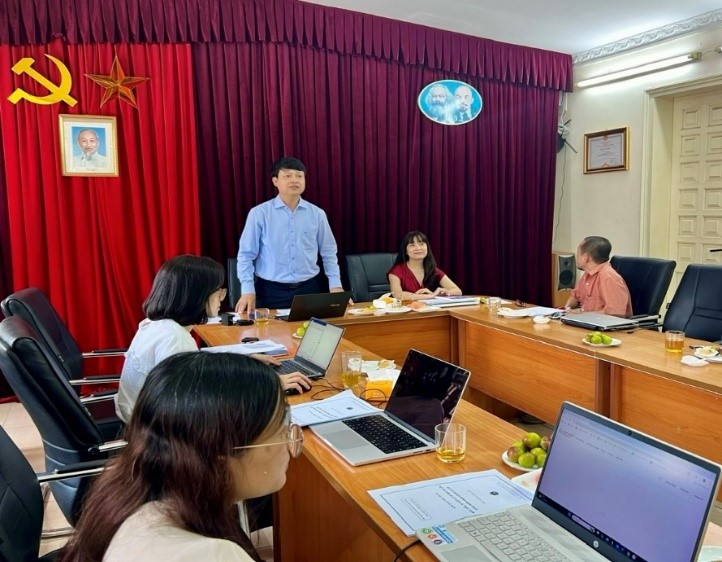 Hội thảo khoa học: "Bộ chỉ số gia đình hạnh phúc: Một số vấn đề lý luận và thực tiễn"
Hội thảo khoa học: "Bộ chỉ số gia đình hạnh phúc: Một số vấn đề lý luận và thực tiễn"
-
 Tọa đàm khoa học "Vận dụng lý thuyết trong nghiên cứu khoa học xã hội"
Tọa đàm khoa học "Vận dụng lý thuyết trong nghiên cứu khoa học xã hội"
-
 Hội nghị Đối thoại giữa Chi ủy, Lãnh đạo viện với đảng viên, viên chức và người lao động Viện nghiên cứu Gia đình và Giới 6 tháng đầu năm 2024
Hội nghị Đối thoại giữa Chi ủy, Lãnh đạo viện với đảng viên, viên chức và người lao động Viện nghiên cứu Gia đình và Giới 6 tháng đầu năm 2024
-
 Chi bộ Viện nghiên cứu Gia đình và Giới tổ chức sinh hoạt chuyên đề: Đoàn kết thống nhất trong Đảng theo tư tưởng Hồ Chí Minh
Chi bộ Viện nghiên cứu Gia đình và Giới tổ chức sinh hoạt chuyên đề: Đoàn kết thống nhất trong Đảng theo tư tưởng Hồ Chí Minh
-
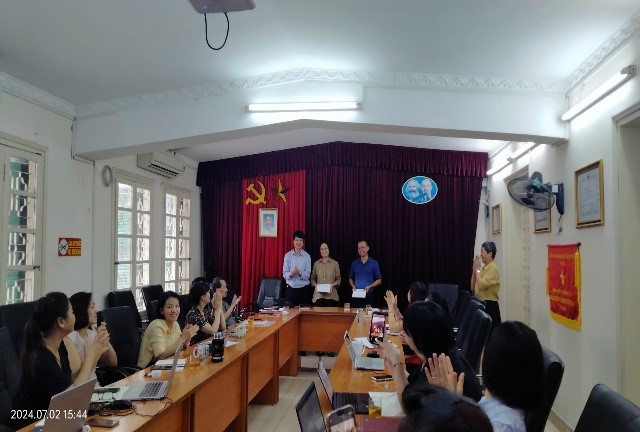 Cuộc thi “Nét đẹp và giá trị gia đình Việt Nam” hưởng ứng Ngày Gia đình Việt Nam 2024
Cuộc thi “Nét đẹp và giá trị gia đình Việt Nam” hưởng ứng Ngày Gia đình Việt Nam 2024
-
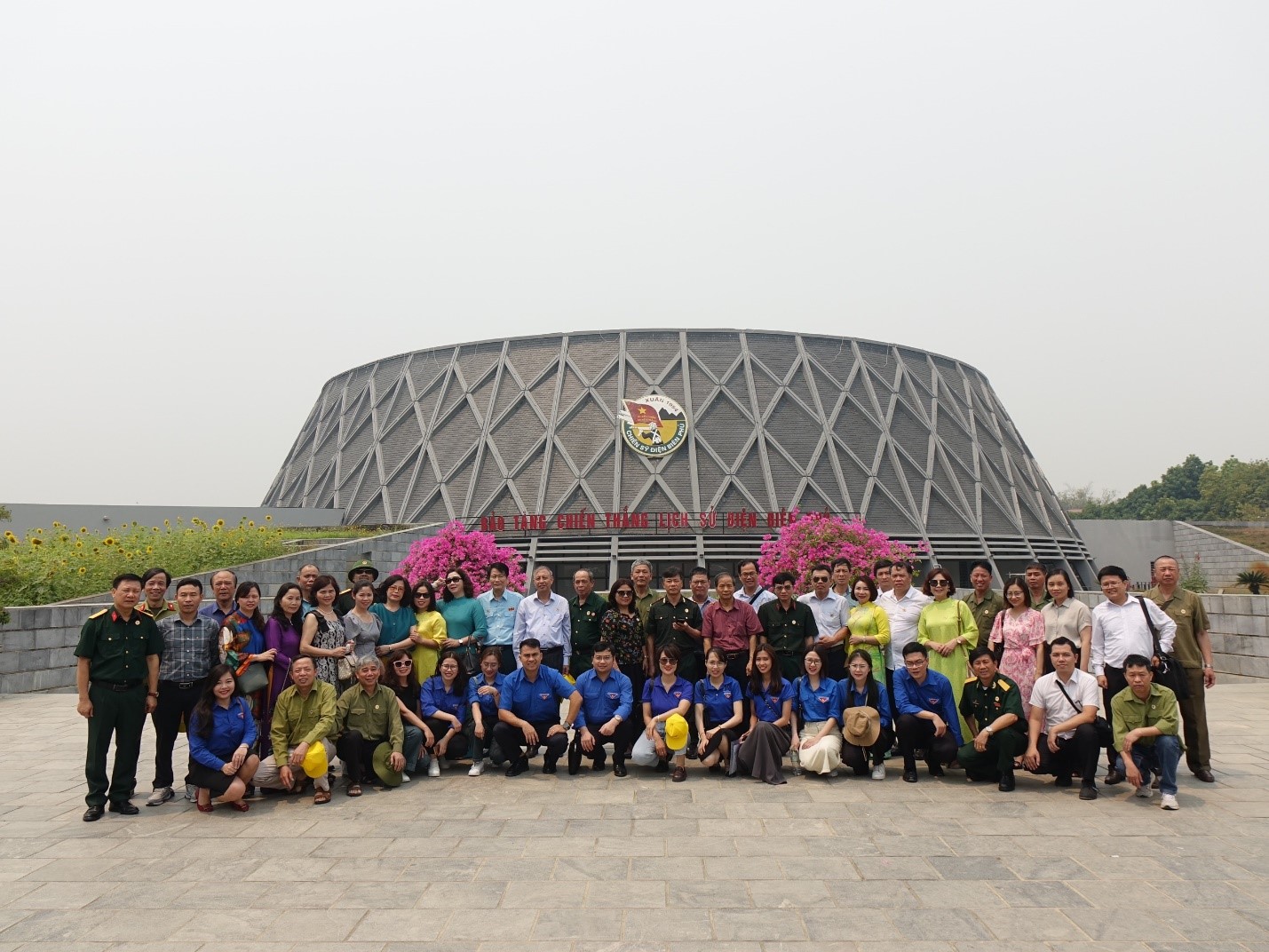 Hội Cựu chiến binh, Đoàn Thanh niên Viện Hàn lâm Khoa học xã hội Việt Nam đi thăm lại chiến trường xưa Điện Biên Phủ
Hội Cựu chiến binh, Đoàn Thanh niên Viện Hàn lâm Khoa học xã hội Việt Nam đi thăm lại chiến trường xưa Điện Biên Phủ
- Tổng mục lục Tạp chí 2023
-
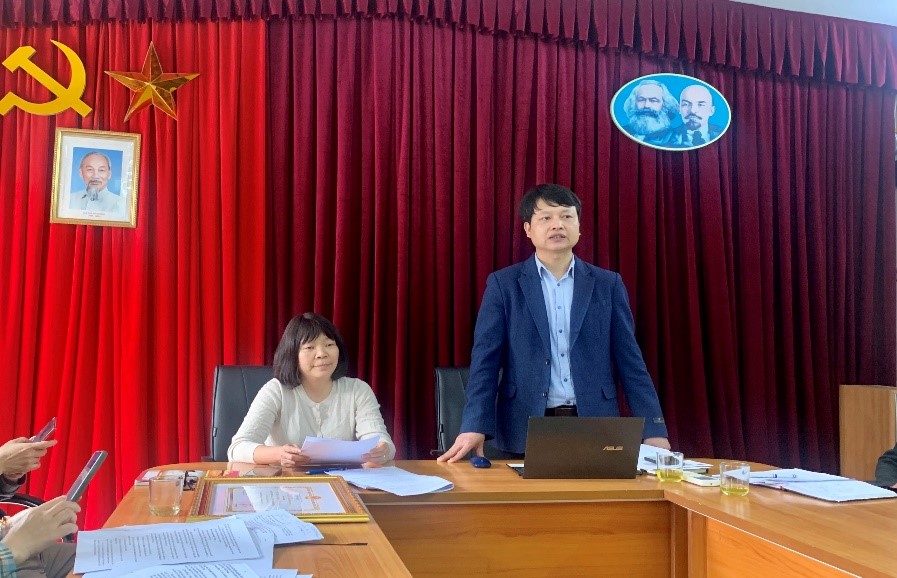 Viện nghiên cứu Gia đình và Giới phát động phong trào thi đua và ký Giao ước thi đua năm 2024
Viện nghiên cứu Gia đình và Giới phát động phong trào thi đua và ký Giao ước thi đua năm 2024
Liên kết web
Số lượt truy cập
23
5407463
Chi tiết tạp chíNo. 1 - 2013
The Politics of Gender and Social Protection in Vietnam: Institutions, Ideas and Interests
Abstract: This paper reviews the extent to which Viet Nam’s social protection strategies and programmes are addressing gender inequities, with a particular focus on the political economy dynamics of implementation at the sub-national level. It draws on findings from an Australian Development Research Award-funded policy research project by the Institute for Family and Gender Studies (IFGS), Hanoi, and the Overseas Development Institute (ODI), London, including primary research in Ha Giang province in the impoverished Northeast highlands of the country and in An Giang province in the Mekong River Delta region of southern Viet Nam.
Key words: Politics; Gender; Social Protection.
Key words: Politics; Gender; Social Protection.
Abstract: In recent years, the aging population has been rapidly increasing in Vietnam. Many socio-economic changes have exerted an great impact on families structure and functions, families lives and elderly’s care. Based on data of some sociological surveys on families and elderly, this article focuses on highlighting some main factors and emerging issues influencing on elderly care work, that both society and families need to be taken into proper consideration so as better to bring about the elderly’s role in families, improve the intergenerational ties and families sustainability. In fact, in many families nowadays, the burden of elderly care has been taken by families members, and mostly by their adult children. The wider intergeneration gap between elderly parents and their children also likely becomes an obstacle for elderly care in families today. The article implies that mobilization of support from social organizations and people plays an important role in realizing activities for elderly healthcare.
Key words: Elderly; Elderly Care; Intergeneration Gap.
Key words: Elderly; Elderly Care; Intergeneration Gap.
The Impact of Global Recession on Female Migrants in Ho Chi Minh City
Abstract: This article draws on the results of a research project, which was carried out in 2009-2010, to identify the impacts of the economic recession on the economic and social lives of female migrants in Ho Chi Minh City. According to its findings, the economic integration of female migrants was found to be limited due to poor employment prospects, low levels of education, low income and significant financial difficulties. Low pay but high living costs forced these women to limit their expenses for other aspects of life such as accommodation, health care, and education. Different lifestyles and long working hours restrained young female migrants to develop a social linkage with local people. Without permanent registration in the city, female migrants have limited opportunities to participate in local political activities. Informal networks such as relatives, friends and village relations were found to be of great significance.
Key words: Economic Status; Female Migrants; Global Recession Impact.
Key words: Economic Status; Female Migrants; Global Recession Impact.

